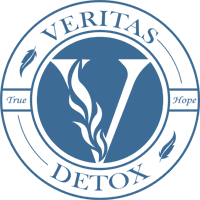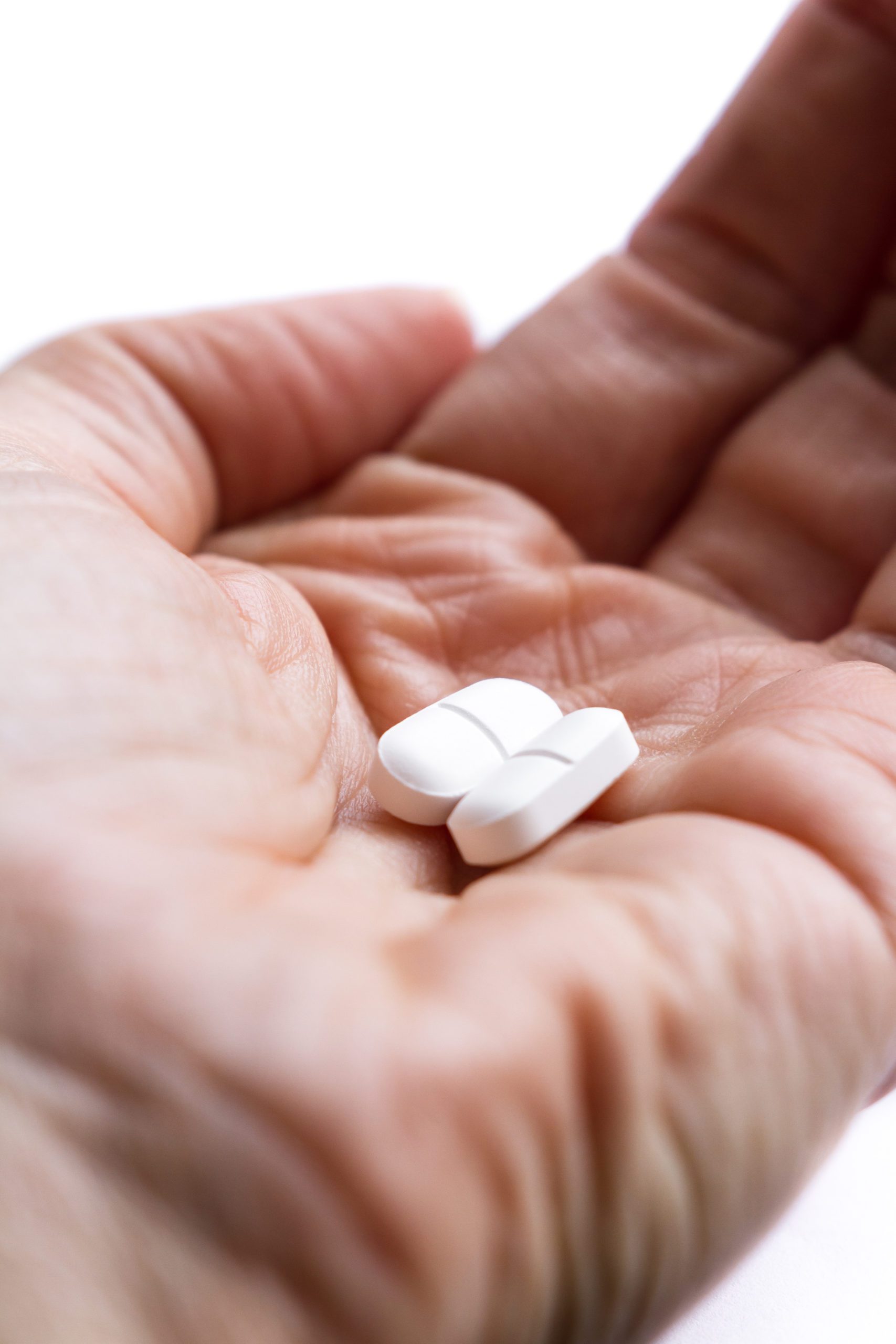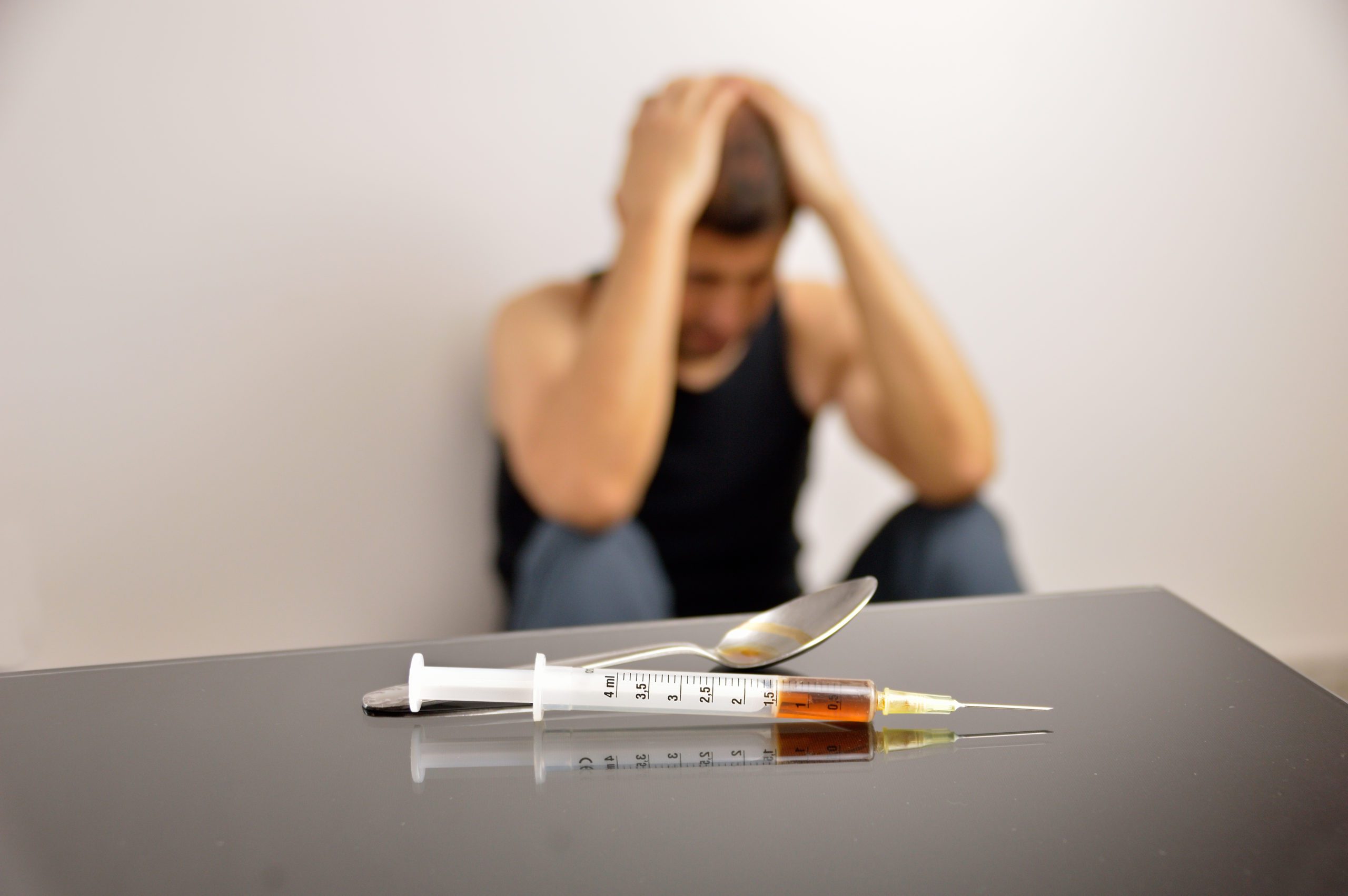If you are suffering from severe drug addiction, 90 day drug rehab inpatient facilities offer the best course of action for your addiction. 90 day drug rehab programs are designed to help addicts gain around-the-clock care as they begin their road to sobriety.
Because 90 day rehab programs are such a big commitment, it’s important to know what the programs entail and make a decision based on your unique circumstances. That begs the question, why choose a 90 day rehab program?
In this article, we will walk you through what 90 day rehab programs offer and why you should select 90 day rehab programs to tackle your addiction.
What Are 90-Day Rehab Programs?
90 day rehab programs are a form of inpatient treatment. As such, 90-day rehab programs require you to stay at the inpatient facility for 90 days, day and night. Throughout this time, patients receive around-the-clock care and access to 24/7 nursing staff, doctors, and resources.
At the beginning of your stay, you will undergo medical detox. Medical detox allows you to safely detox while being under the supervision of medical professionals. After the detox is over, the real work begins. You will attend individual therapy, group therapy, and other activities to help you overcome your addiction.
Once you finish your 90-day treatment, you will be free to leave the facility and undergo different treatments, such as outpatient treatment. The goal is for the skills you learn from inpatient, 90-day treatment to follow you out of the facility so you can remain sober.
Why Choose 90-Day Drug Rehab Programs?
Even though 90-day drug rehab programs offer top, around-the-clock care, this treatment plan is not ideal for everyone. However, many addicts will benefit from the constant care that 90-day drug rehabs offer. So, why should you choose these programs?
Detox Safely
Whenever you choose a 90-day rehab program, you begin the process with medical detox. This medical detox ensures that you begin your road to sobriety safely and efficiently. If you still have substances in your system, select 90-day rehabs to detox safely.
Constant Care
From the time you walk into the facility to the time you leave, you will have constant care and access to top resources. 24/7 medical staff and doctors will be there to walk with you during this time so that you learn how to cope without the use of drug and alcohol.
Access to Top Resources
In addition to having constant care, you also have constant access to top resources. While attending 90 day treatment centers, you get access to top activities and therapy sessions so you learn how to cope without illicit substances.
Create a Solid Foundation
From your constant care and access to top resources, you will have created a solid foundation of sobriety during your time at the 90-day treatment facility. Because of this foundation, you will have the skills and confidence to go out into the real world and maintain your sobriety there too.
90-Day Drug Rehab Programs Near Me
If you or a loved one is suffering from addiction, the first step in the journey is recognizing you have a problem and seeking out medical care. 90-day rehab facilities offer the most intensive care so you can begin your life of sobriety on the right foot. The good news is that there are many 90-day rehab facilities in the area.
Veritas Detox offers 90-day rehab inpatient treatment for individuals who suffer from addiction. If you think that 90 day rehab may be right for you, contact Veritas Detox today at 866-237-6297 for more information.






